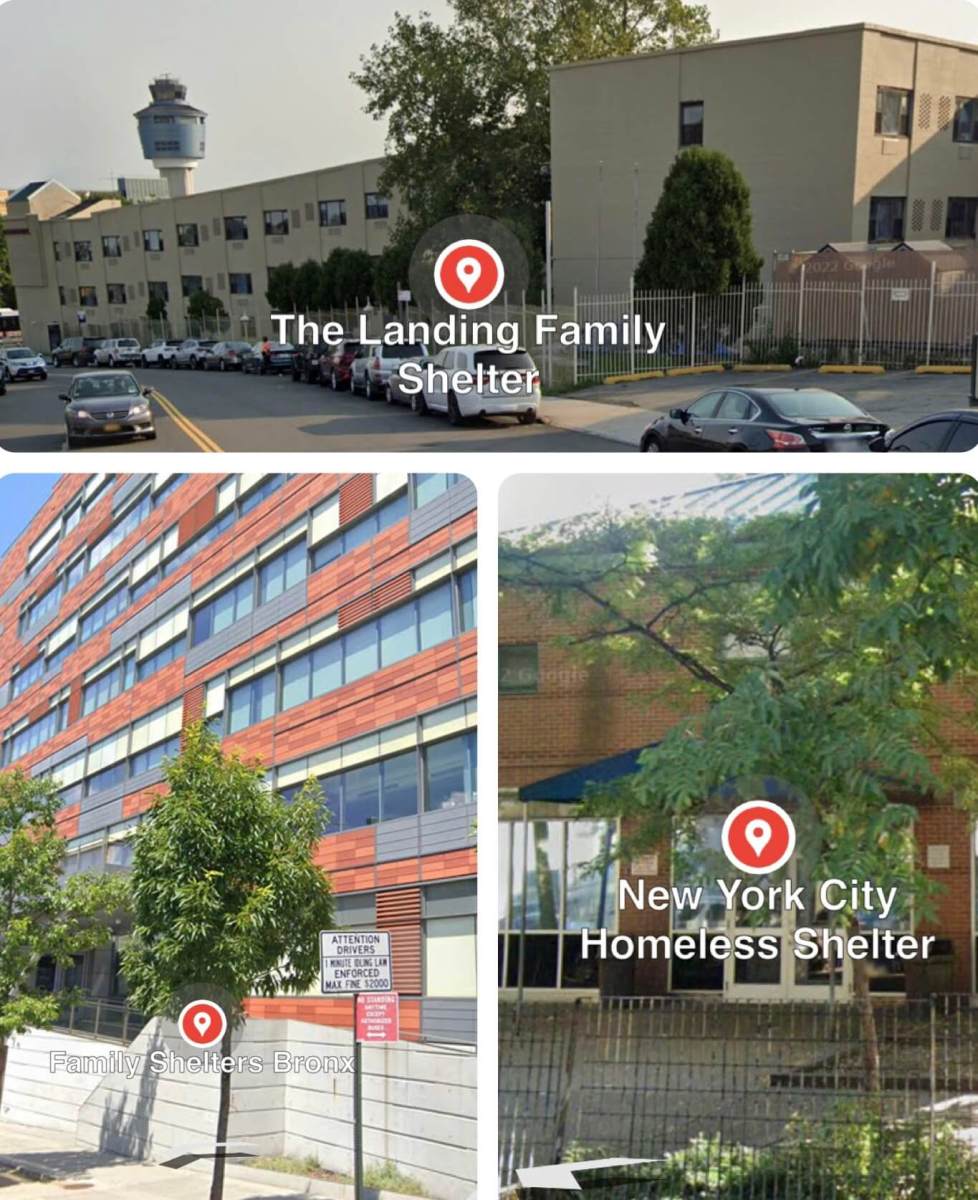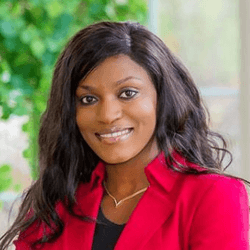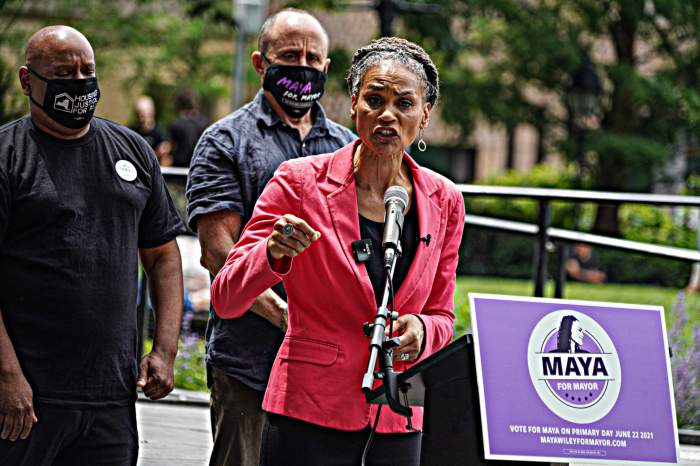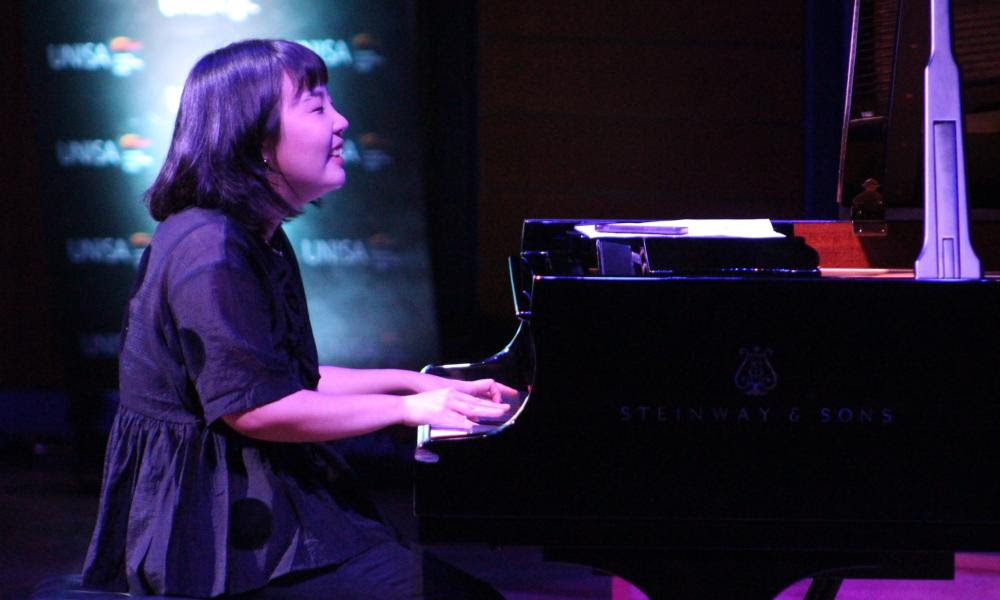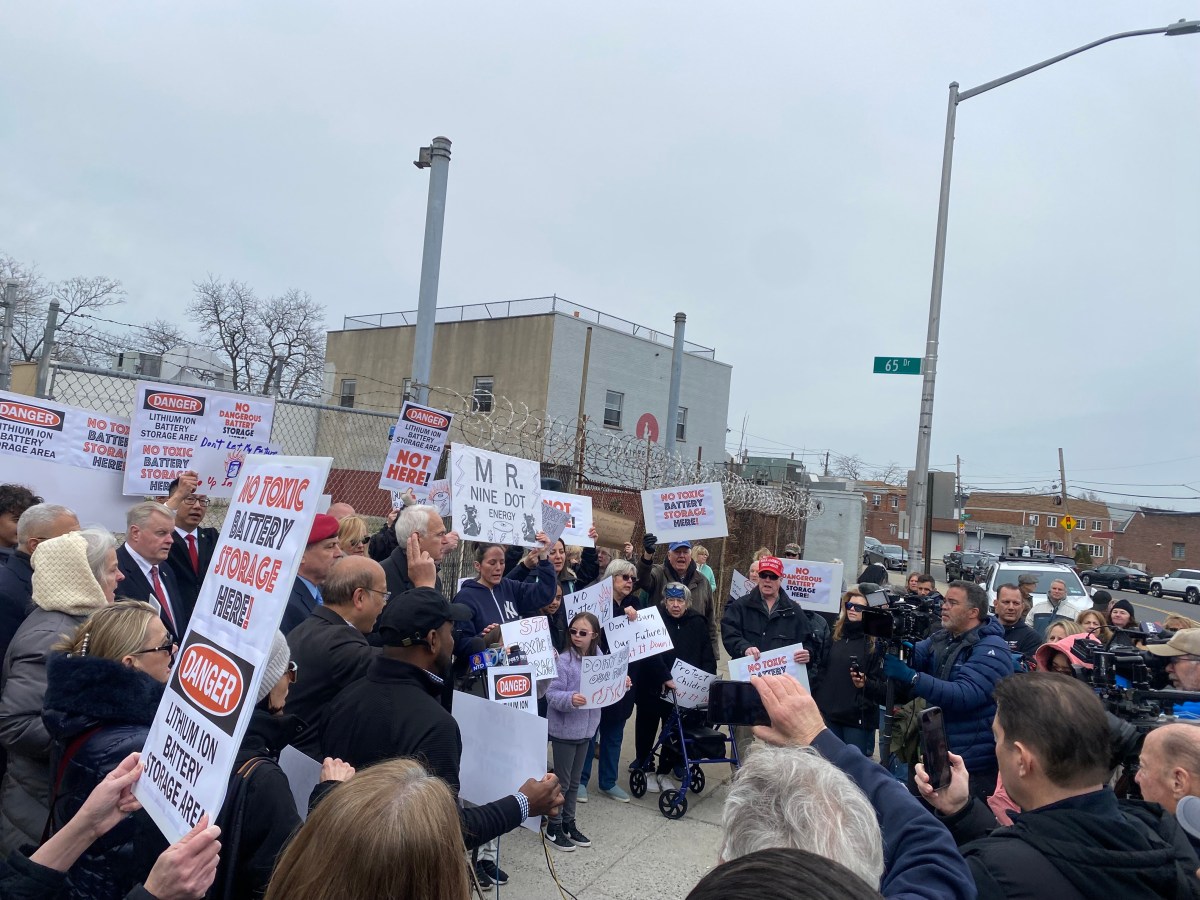Mental health professionals will soon be available in all family shelters across New York City, after a bill requiring on-site mental health services was passed by the City Council last week.
Under the new bill — passed by a majority on March 2 — the city plans to roll out the services in 30 of the largest family shelters to start, with the services set for all family shelters by July 2025.
The bill’s sponsor, Manhattan Council Member Erik Bottcher, called its passage “groundbreaking.”
“I’m so proud that the City Council passed my third bill, groundbreaking legislation that will put mental health services in every family homeless shelter in New York City,” Bottcher said in a statement.
Mental health services will be either in person or virtually and include psychotherapy services, psychiatric assessments to diagnose mental illness, conducting diagnosis follow-up or coordinating clinical treatment plans, liaising with or providing referrals to emergency medical or psychiatric care providers or providing medication.
Shams DaBaron is a homelessness rights advocate in New York City who recalls his experience as a single parent raising his son in family shelters throughout his junior and high school years. While DaBaron told amNewYork he did everything he could to protect him from the trauma that comes with being homeless, he still sees how traumatized his son was from spending roughly seven years in shelters — and without access to mental health services in the system.
“Most of these shelters have traditionally become warehouses for human beings without addressing some of the underlying issues that happen before we enter shelter,” DaBaron said. “Every person who enters a shelter should have access to on-site medical, mental health, and substance abuse professionals.”
While Bottcher’s bill is well-intentioned, the legislation falls short, said Shelly Nortz, who works for the Coalition for the Homeless as its deputy executive director for policy. Nortz noted the funding issues that the city will have to navigate in providing mental health services in family shelters, as the state pays for mental health services through Medicaid and Medicare. For those without insurance, the city offers NYC Care for free or low cost.
“The bill is subject to appropriation, so a separate budget item providing the necessary funding to implement it is required,” Nortz said in a statement. “Many of the affected shelters are not legally authorized to employ these licensed professionals. They would have to contract with private practices — an option that is expensive and in short supply given the demand for private-pay patients.”
Both Nortz and DaBaron touched upon the mental health care worker shortage, which New York City has been particularly impacted by.
“The bill focuses primarily on psychotherapy and licensed professionals authorized to provide that service, who are already in short supply,” Nortz said.
“We have a drought in mental health providers,” DaBaron said.
WIN acknowledged the need for licensed mental health professionals, but expressed confidence that Bottcher’s bill allows for more opportunities to hire mental health care workers.
“We cannot let this national problem create two tiers of care, where only well-off New Yorkers have access and vulnerable homeless families are left behind,” said Jack Sterne, a spokesperson for WIN. “We look forward to working with our partners in government on creative programs to recruit and train more mental health professionals to serve all of neighbors.”
Currently, general homeless shelters don’t offer specialized services. A state comptroller audit released last December found that the city has misplaced individuals with mental health and substance abuse issues in the wrong type of shelter. To address this, DaBaron said he hopes mental health services will be available for all homeless shelters across New York City.
“This should be mandatory in every single shelter, whether a family, single adult, or couple,” DaBaron said. “There should be no shelter in this city that does not have on-site mental health services for the most vulnerable group of New Yorkers that we have in the city.”



